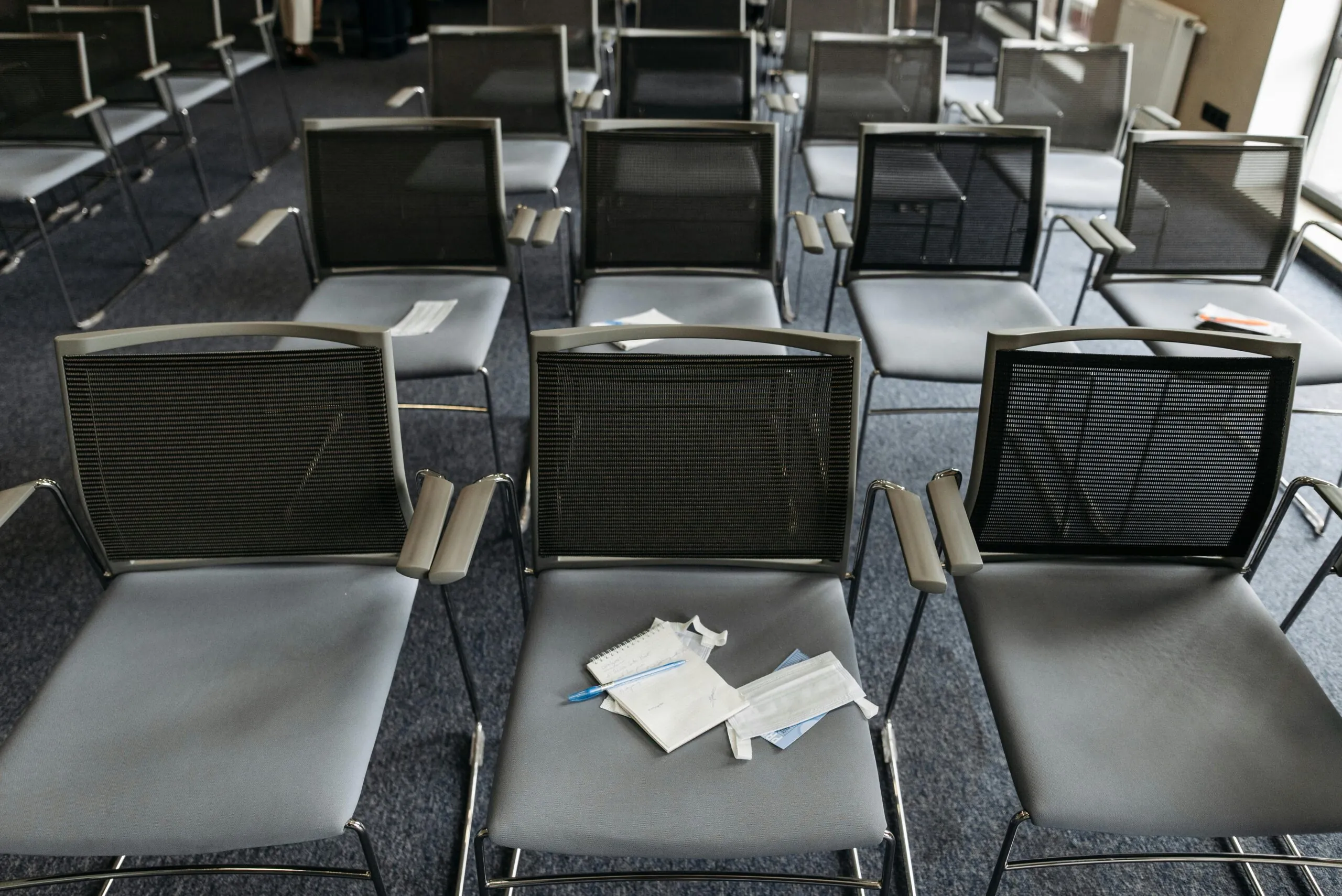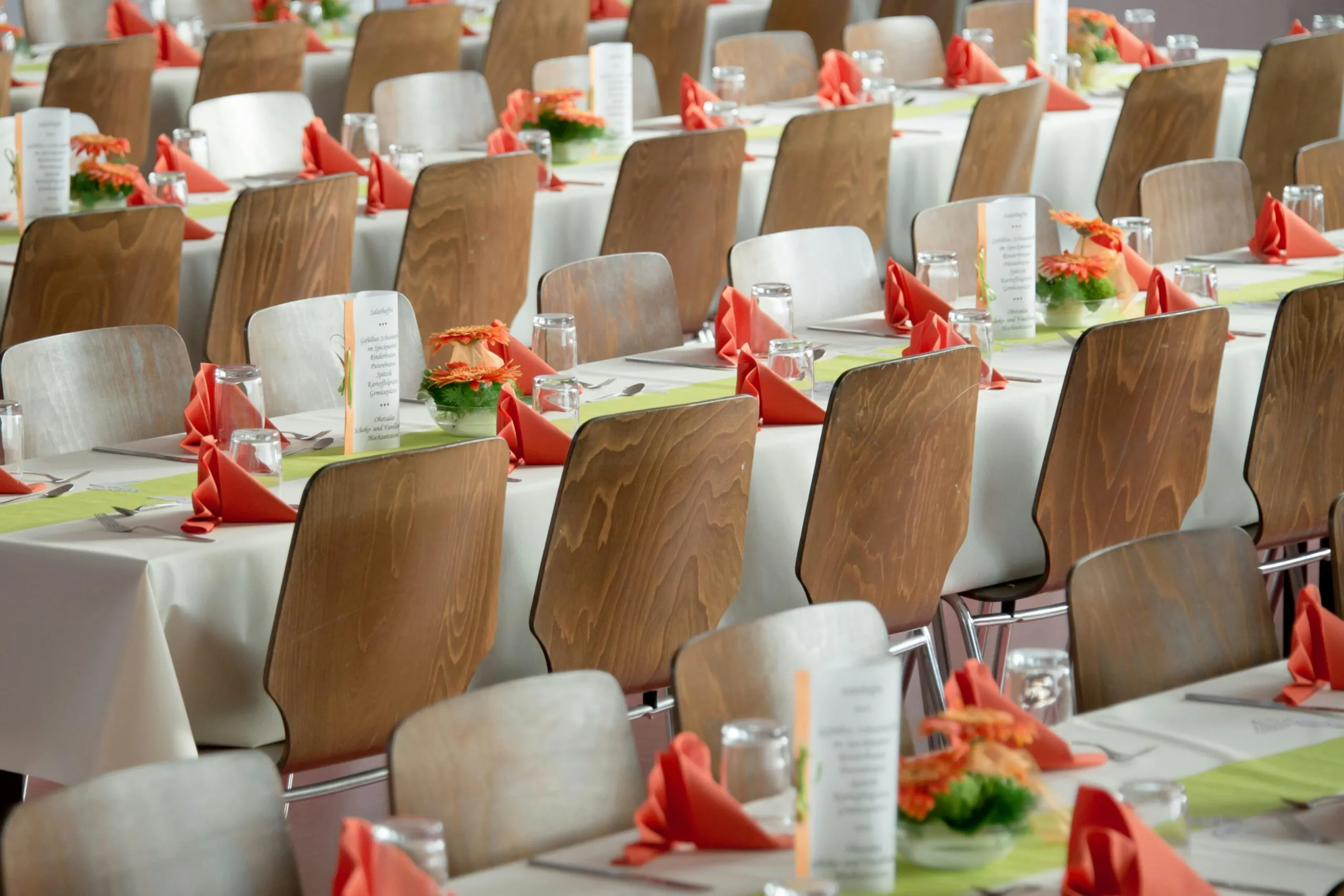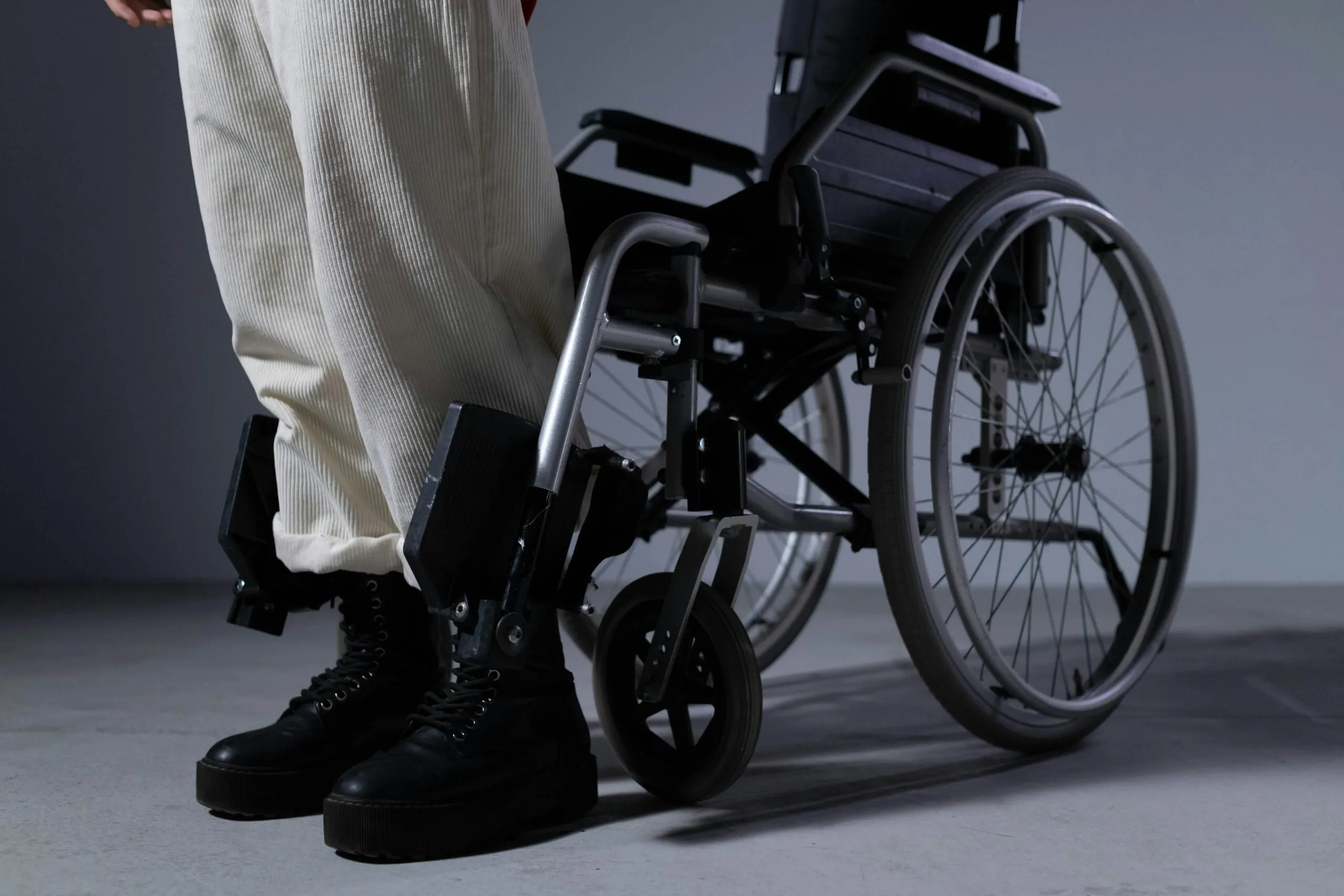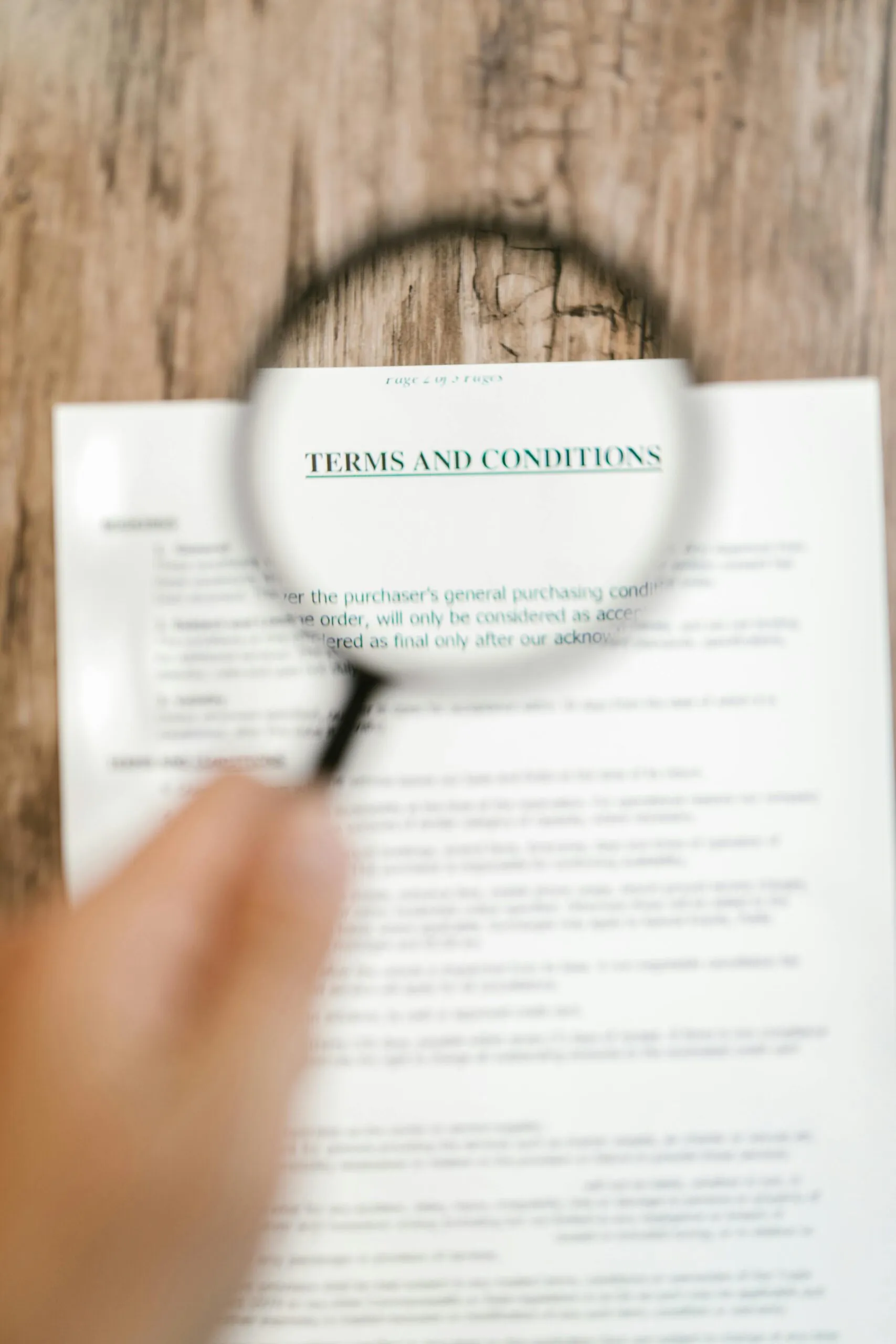
Key Steps to Ensure a Successful Corporate Event
July 3, 2025
Budgeting Tips for Maximum Impact Without Overspending
August 7, 2025Understanding Local Regulations and Venue Options in Singapore: A Guide for Corporate Event Organisers
Research Guide · 16 July 2025

As an event organiser specialising in corporate events in Singapore, navigating the complex landscape of regulations and venue choices is key to delivering a successful and professional event. Whether you are planning a business conference, seminar, product launch, or company training session, understanding local licensing requirements, venue options, accessibility, and legal compliance will help you avoid costly pitfalls and create a seamless experience for your attendees.
This comprehensive guide covers everything a corporate event organiser needs to know about licensing and permits, venue selection, accessibility considerations, and working with venues that adhere to Singapore’s local laws.
Licensing, Permits, and What Corporate Event Organisers Need to Know

Singapore is known for its stringent regulations designed to ensure public safety, orderliness, and a positive experience for event attendees. For corporate event organisers, it’s critical to understand which licences and permits apply to your event type and to secure them well in advance.
Key Licences and Permits for Corporate Events
- Public Entertainment License: If your corporate event includes elements like live performances, music, or entertainment, you may require a Public Entertainment License issued by the Singapore Police Force. This applies even to corporate galas or award ceremonies that involve entertainment segments.
- Use of Public Spaces: Should your event be held in outdoor or public venues such as parks or community spaces, you will need permits from the relevant authorities, such as the National Parks Board (NParks) or the Urban Redevelopment Authority (URA). This is essential for corporate team-building activities, outdoor product launches, or networking events.
- Food and Beverage Permits: Corporate events that provide catering services must comply with Singapore’s strict food safety regulations. If alcohol is served, securing the appropriate liquor licence is mandatory. Often, venues like hotels or convention centres manage these licences, but as an event organiser, you should verify this in advance.
- Noise Control and Curfew Compliance: Singapore enforces noise limits, especially near residential areas. Corporate event organisers must ensure their events comply with noise regulations and adhere to curfew hours, avoiding fines or forced early closure.
Why Early Planning Matters
Securing permits can take several weeks due to the multi-agency process. Delays may arise from incomplete applications or changes requested by authorities. Therefore, early research and submission are essential to avoid last-minute disruptions.
As an event organiser, maintaining a checklist of required permits based on event size, location, and activities is highly recommended. Collaborating with experienced venue managers or event consultants who understand Singapore’s regulatory environment can also streamline this process.
Choosing Between Hotel Ballrooms, Convention Centres, and Unique Spaces for Corporate Events

Selecting the right venue is one of the most impactful decisions an event organiser will make. Singapore offers a wide spectrum of venues catering to different corporate event formats, sizes, and budgets.
Hotel Ballrooms
Hotel ballrooms remain a popular choice for corporate events due to their professional ambiance, convenient locations, and integrated services. Many five-star hotels in Singapore, such as Marina Bay Sands, Shangri-La, and Raffles Hotel, offer spacious ballrooms with state-of-the-art audio-visual facilities and luxurious décor.
Advantages:
- One-stop solution with catering, event planning, and accommodation options.
- Well-trained event staff and security.
- Flexibility in event size, from small board meetings to large banquets.
- Professional support for permits and licences, often handled by the hotel.
Considerations:
- Hotel ballrooms can be more expensive than other venues.
- Some hotels have strict decoration or setup restrictions.
- Noise restrictions may apply, limiting entertainment options.
Convention Centres
Convention centres like the Suntec Singapore Convention & Exhibition Centre and the Sands Expo offer purpose-built spaces designed to handle large-scale corporate events, trade shows, and conferences. They provide multiple halls, breakout rooms, and extensive technical infrastructure.
Advantages:
- High capacity to accommodate hundreds or thousands of attendees.
- Advanced staging, lighting, and sound systems.
- Dedicated event management teams experienced with corporate clients.
- Often have in-house catering or preferred vendors to ensure quality service.
Considerations:
- Larger venues may feel impersonal for smaller events.
- Bookings often require early reservations, sometimes up to a year in advance.
- Cost can be substantial, especially when multiple rooms are needed.
Unique and Alternative Spaces
Singapore also offers an array of unique event venues, from art galleries and museums to rooftop gardens and coworking spaces like JustCo or The Great Room. These venues provide a modern, creative vibe suited for product launches, networking sessions, or informal corporate gatherings.
Advantages:
- Distinctive ambiance and flexibility to customise layouts.
- Can align with brand values such as innovation or sustainability.
- Often more affordable for small to midsized events.
Considerations:
- May require additional arrangements for catering and technical equipment.
- May have limited capacity and amenities compared to hotels or convention centres.
- Event organisers must ensure compliance with local regulations and venue policies.
Accessibility and Capacity Considerations

Accessibility is not just a legal requirement; it is a critical factor in creating an inclusive and professional corporate event experience. As an event organiser, you must assess both the physical accessibility of the venue and its capacity to comfortably host your attendees.
Physical Accessibility
Singaporean law mandates reasonable access for people with disabilities at public venues. Venues must provide ramps, lifts, wide doorways, accessible restrooms, and dedicated parking spaces for attendees with mobility impairments. It is essential to verify that your chosen venue complies with these standards to avoid inconveniencing any guests.
Seating and Layout
Your venue should offer flexible seating arrangements to suit your corporate event’s format, whether it’s theatre-style for presentations, classroom-style for workshops, or banquet-style for dinners. Reserve designated seating for guests with disabilities near the stage or exits for their convenience.
Capacity Planning
Overcrowding affects attendee comfort and safety, and venues in Singapore must adhere to strict fire safety and occupancy limits. Ensure your expected headcount aligns with the venue’s maximum capacity and that contingency plans are in place for last-minute changes.
Working with Venues That Comply with Local Laws

Choosing a venue that understands and complies with Singapore’s local regulations reduces your workload as an event organiser and minimises risk.
Why Compliance Matters
Venues that adhere to local laws are proactive in securing necessary permits, conducting safety inspections, and implementing crowd control measures. This ensures your event runs smoothly without legal interruptions or safety hazards.
Questions to Ask Your Venue
- Does the venue have all required licences and certifications?
- Are there in-house event coordinators familiar with Singapore’s regulations?
- What are the venue’s policies on noise, food and beverage, and public safety?
- How does the venue accommodate accessibility requirements?
- Can the venue assist with securing permits and managing compliance?
Benefits of Partnering with Compliant Venues
- Streamlined permit application processes.
- Reduced liability risks.
- Professional support in managing event logistics.
- Better attendee experience through safe and legal operations.
For corporate event organisers in Singapore, understanding local regulations and making informed venue choices are foundational steps toward a successful event. Early preparation to secure necessary licences and permits, selecting venues suited to your event size and purpose, prioritising accessibility, and partnering with venues that comply with local laws will not only safeguard your event but elevate the overall experience.
By mastering these elements, corporate event organisers can focus on delivering engaging, memorable, and professional events that impress clients, motivate teams, and strengthen business relationships — all while respecting Singapore’s dynamic regulatory environment.
Contact Eventive today, Singapore’s trusted event organiser to partner on your next event and achieve measurable results that matter to your business.
Let’s Collaborate.
Get in touch with us for your next event!
We hope you enjoyed this article “Here’s Why Not Hiring an Event Company Could Be a Costly Mistake”. Head on to Our Works to see the events we have managed!
If you are looking to manage an event, then look no further than us.
